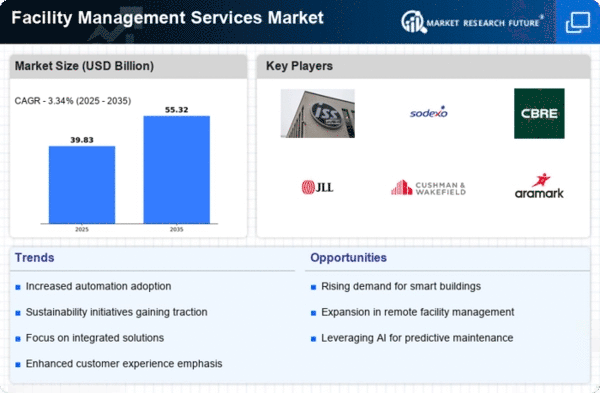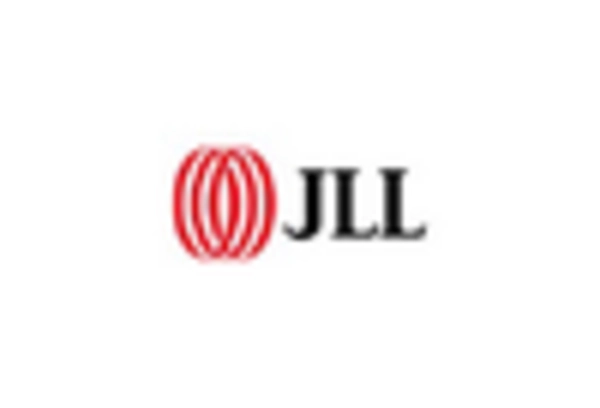Market Analysis
In-depth Analysis of Facility Management Services Market Industry Landscape
Value-added services play a pivotal role in elevating profitability and transforming a company's product offerings. They serve as a catalyst for companies to grasp the evolving needs of customers and users, enabling the introduction of innovative services that go beyond core offerings. Facility management services play a critical role in executing functions related to planning, building, and designing management.
These functions encompass elements such as equipment, furniture, and systems, ultimately enhancing an organization's competitive edge. The goal of value-added services within this framework is to effectively meet client requirements. By assisting clients in achieving their needs, these services contribute to maintaining a healthy and productive relationship between the client and the value-added service provider. The integration of facility management services into value-added services has a profound impact on both public and private sectors. This integration streamlines complexity and enhances efficiency in modern buildings, reinforcing design efficiency and output. The potential of value-added services lies in their ability to adapt to changing trends and customer preferences, ensuring the delivery of offerings that extend beyond core services. This strategic approach forms a robust foundation for the development strategies of companies operating in the facility management services market.
The escalating demand for value-added services stands as a significant driver influencing the growth trajectory of the facility management services market at a notable rate. As companies increasingly recognize the importance of these services in meeting client expectations and staying competitive, the market is poised for continued expansion. Against the backdrop of a global economy displaying indications of a moderate recession, the construction sector remains resilient, sustaining moderate growth. The long-term outlook for the global construction sector is notably promising, with projections indicating that it will outpace the growth of the global GDP in the coming decade.
Several factors contribute to this optimistic forecast, including population expansion in emerging economies, infrastructure enhancements in developed nations, a growing trend towards increased residential construction, and planned investments in renewable energy and telecommunications. Collectively, these factors are instrumental in driving the sustained growth of the construction industry on a global scale.



















Leave a Comment